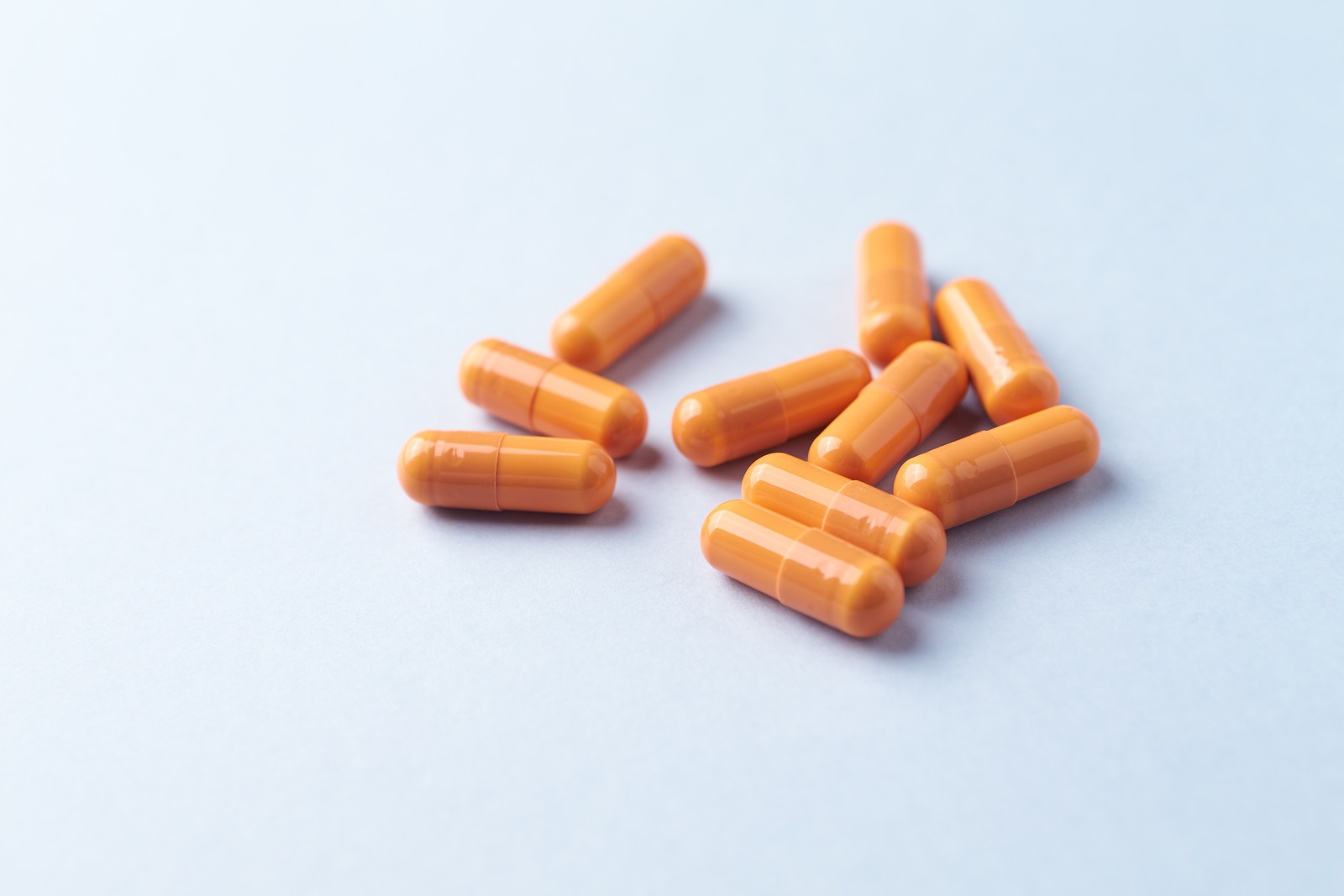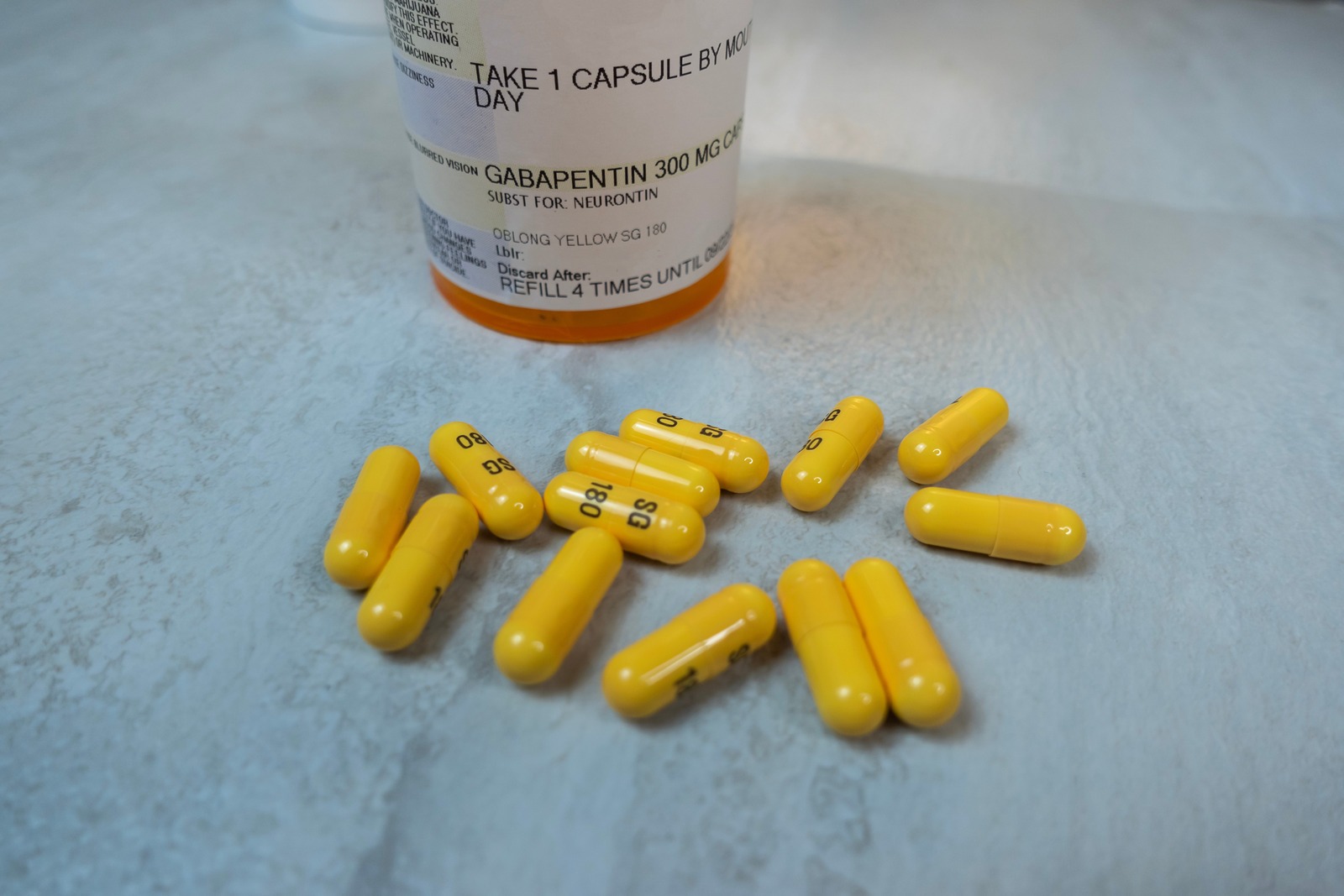Can You Get A Gabapentin High? Know The Risks and Considerations

What you will learn
- Gabapentin, primarily used for neuropathic pain and epilepsy, can be misused and abused, leading to potentially severe consequences.
- When misused, gabapentin can produce euphoria and relaxation, which may lead some individuals to misuse it further, potentially increasing the risk of dependency.
- Misuse of gabapentin can lead to physical dependence and overdose risk and may cause adverse cognitive and physical effects.
- Combining gabapentin with other central nervous system depressants can amplify its sedative effects, potentially leading to severe complications such as respiratory depression and overdose.
- Seeking professional help is crucial for individuals struggling with Gabapentin misuse or addiction to ensure proper management and support.
Gabapentin is a medication primarily used to treat neuropathic pain and epilepsy.[1] While considered safe when taken as prescribed, recreational use or excessive dosing of gabapentin can lead to dangerous consequences.
Misuse of gabapentin can result in various adverse effects, including dependence, overdose, and impairment of cognitive and physical functions. It’s important to be aware of these risks while using the medication and to only do so under the guidance of a healthcare professional to ensure safe and effective treatment.
What is Gabapentin Used For?
Gabapentin is a versatile medication that belongs to the class of anticonvulsants or antiepileptic drugs. Its primary use is in the treatment of neuropathic pain, a type of pain caused by damage or dysfunction in the nerves.
Gabapentin is primarily used to treat neuropathic pain and as an adjunctive therapy in the treatment of partial seizures in adults and children aged three years and older. Combined with other anti-seizure medications, its ability to modulate neurotransmitter activity contributes to its effectiveness in treating this condition.[2]
While not approved for this use, gabapentin is sometimes prescribed off-label to treat the uncomfortable sensations and urge to move the legs associated with restless leg syndrome (RLS).[3] Some studies have also suggested that gabapentin may help treat certain anxiety disorders, such as social anxiety disorder and generalized anxiety disorder. However, more research is needed in this area.[4]
Regardless of its intended use, gabapentin must be taken under medical supervision and as directed by a healthcare professional. Like many medications, it can cause side effects and may interact with other drugs, necessitating close monitoring and guidance from a qualified healthcare provider.
What are the Effects of Gabapentin?
Gabapentin can produce various effects, both intended therapeutic effects and potential side effects:[5]
Therapeutic Effects of Gabapentin
- Pain relief: Gabapentin is primarily used to treat neuropathic pain, such as diabetic neuropathy and postherpetic neuralgia, by reducing neuronal excitability and modulating neurotransmitters involved in pain signaling.
- Seizure control: As an anticonvulsant medication, gabapentin can help control partial seizures when used in combination with other anti-epileptic drugs.
Side Effects of Gabapentin
- Dizziness and drowsiness: Gabapentin can cause sedation, dizziness, and impaired coordination, especially at higher doses or when starting treatment.
- Fatigue and weakness: Some people may experience tiredness, lack of energy, and muscle weakness while taking gabapentin.
- Cognitive impairment: Gabapentin may cause cognitive side effects such as confusion, difficulty concentrating, and memory problems.
- Peripheral edema: Swelling in the legs, ankles, or feet (known as peripheral edema) is a common side effect of gabapentin.
- Respiratory depression: In cases of overdose or when combined with other central nervous system depressants, gabapentin can cause potentially life-threatening respiratory depression.
Can You Get a Gabapentin High?

Yes, a gabapentin high is possible when taken in excessive doses or when misused.[6] However, it’s important to note that gabapentin is not approved or intended for recreational use, and misusing it can be dangerous.
When taken as prescribed by a healthcare professional for approved medical purposes like neuropathic pain or epilepsy, gabapentin is generally considered safe and non-intoxicating. However, when taken in high doses or combined with other substances, gabapentin can produce a sense of euphoria, relaxation, and sedation, which some individuals may perceive as pleasurable and attempt to reproduce.
What Are the Risks of Misusing Gabapentin?
Misusing gabapentin, which includes taking it without a prescription or in higher doses than prescribed, carries several risks and potential dangers:[7]
- Dependence and addiction: Gabapentin can lead to physical dependence and psychological habituation, especially when taken in high doses or for an extended period. While less common, it also has the potential for abuse. Abruptly stopping gabapentin after prolonged misuse can cause withdrawal symptoms like anxiety, insomnia, nausea, and sweating.
- Overdose: Taking excessive amounts of gabapentin can lead to an overdose, which may cause life-threatening complications such as respiratory depression, coma, and even death, especially when combined with other central nervous system depressants like opioids or alcohol.
- Impaired cognitive and motor functions: Misusing gabapentin can result in dizziness, drowsiness, confusion, impaired coordination, and slowed reaction times, increasing the risk of accidents and injuries.
- Suicidal thoughts and behaviors: In some cases, gabapentin misuse has been linked to an increased risk of suicidal thoughts and behaviors, particularly in individuals with underlying mental health conditions.
- Interactions with other substances: Combining gabapentin with other medications, alcohol, or recreational drugs can amplify the effects and increase the risk of adverse reactions, overdose, and other serious consequences.
It’s essential to use gabapentin only as prescribed by a healthcare professional and never to share or sell your prescription. If you or someone you know is struggling with gabapentin misuse or addiction, it’s crucial to seek professional help and support from healthcare providers or addiction treatment specialists.
Can You Become Addicted to Using Gabapentin?
While gabapentin was initially thought to have a low potential for abuse, mounting evidence suggests it’s possible to become addicted to this medication, especially when it is misused or taken in higher doses than prescribed. The risk of addiction stems from the fact that with regular use, some individuals may develop a tolerance to gabapentin, requiring higher doses to achieve the desired effects.
This can lead to physical dependence, where the body becomes reliant on the drug to function normally. When someone dependent on gabapentin tries to stop taking it abruptly, they may experience withdrawal symptoms such as anxiety, insomnia, nausea, sweating, and, in severe cases, seizures.
In addition to physical dependence, psychological dependency can occur, characterized by cravings and a preoccupation with obtaining and using gabapentin, even in the face of adverse consequences.
The risk of dependency increases when gabapentin is misused or taken in doses higher than prescribed, often in an attempt to achieve a euphoric “gabapentin high” or to enhance the effects of other substances. Individuals with a history of substance abuse or certain mental health conditions, such as anxiety or depression, may be at a higher risk of developing a gabapentin addiction.
If you or someone you know is struggling with gabapentin addiction, it is crucial to seek professional help from a healthcare provider or addiction treatment specialist for proper assessment and management.
Our Rockville addiction treatment guide provides information on our personalized care programs, tailored to meet your unique needs. Alpas Wellness is one of the leading addiction treatment centers in Maryland, dedicated to guiding you toward a healthier, substance-free life.
Ready to get help for you or a loved one? Contact us
To ensure accuracy and quality, every contributor to the Alpas Wellness resource library undergoes a thorough evaluation of their experience, credentials, and achievements prior to publication.
Frequently Asked Questions About Gabapentin and a Gabapentin High
Can Gabapentin misuse lead to overdose?
Yes, misusing Gabapentin can potentially lead to overdose, especially when taken in large doses or in combination with other substances. Symptoms of overdose may include drowsiness, dizziness, difficulty breathing, loss of consciousness, and even death in severe cases.
Are there any interactions between Gabapentin and other substances when misused?
Yes, Gabapentin can interact with other substances, such as alcohol, opioids, and benzodiazepines, increasing the risk of adverse effects and overdose. Combining Gabapentin with other central nervous system depressants can lead to dangerous respiratory depression and sedation.
Can Gabapentin misuse lead to physical health problems?
Yes, misusing Gabapentin can lead to various physical health problems, including dizziness, drowsiness, coordination problems, blurred vision, gastrointestinal issues, and in severe cases, respiratory depression and overdose. Long-term misuse may also result in tolerance, dependence, and withdrawal symptoms.
Can Gabapentin misuse affect one’s ability to drive or operate machinery?
Yes, misusing Gabapentin can impair cognitive and motor functions, which can significantly affect one’s ability to drive or operate machinery safely. Drowsiness, dizziness, and impaired coordination are common side effects of Gabapentin misuse, all of which can increase the risk of accidents.
What should I do if I suspect someone is misusing Gabapentin?
If you suspect someone is misusing Gabapentin, it’s essential to approach the situation with care and compassion. Encourage them to seek professional help from a healthcare provider or addiction specialist. Offer your support and listen to their concerns without judgment. Additionally, you can provide information about treatment options and support groups available for individuals struggling with substance misuse.
Gabapentin: MedlinePlus Drug Information. (n.d.). Medlineplus.gov. https://medlineplus.gov/druginfo/meds/a694007.html#:~:text=Gabapentin%20is%20in%20a%20class on April 29, 2024
Honarmand, A., Safavi, M., & Zare, M. (2011). Gabapentin: An update of its pharmacological properties and therapeutic use in epilepsy. Journal of Research in Medical Sciences : The Official Journal of Isfahan University of Medical Sciences, 16(8), 1062–1069. https://www.ncbi.nlm.nih.gov/pmc/articles/PMC3263084/ on April 29, 2024
Yaltho, T. C., & Ondo, W. G. (2010). The use of gabapentin enacarbil in the treatment of restless legs syndrome. Therapeutic Advances in Neurological Disorders, 3(5), 269–275. https://doi.org/10.1177/1756285610378059 on April 29, 2024
Markota, M., & Morgan, R. J. (2017). Treatment of Generalized Anxiety Disorder with Gabapentin. Case Reports in Psychiatry, 2017, 1–4. https://doi.org/10.1155/2017/6045017 on April 29, 2024
Gabapentin (Oral Route) Side Effects – Mayo Clinic. (n.d.). Www.mayoclinic.org. https://www.mayoclinic.org/drugs-supplements/gabapentin-oral-route/side-effects/drg-20064011 on April 29, 2024
Smith, B. H., Higgins, C., Baldacchino, A., Kidd, B., & Bannister, J. (2012). Substance misuse of gabapentin. British Journal of General Practice, 62(601), 406–407. https://doi.org/10.3399/bjgp12x653516 on April 29, 2024
Lennox, R., & Mangin, D. (2019). Gabapentin misuse. Canadian Medical Association Journal, 191(2), E47–E47. https://doi.org/10.1503/cmaj.180599 on April 29, 2024